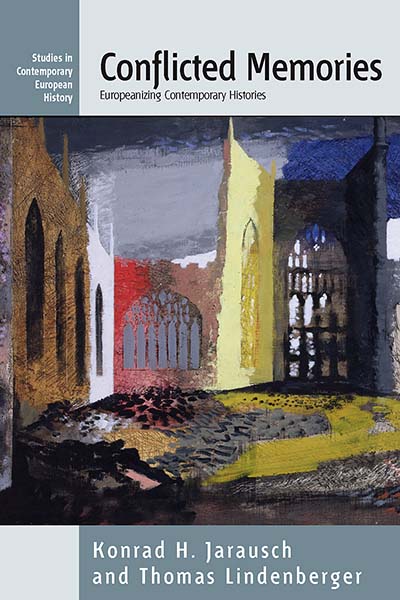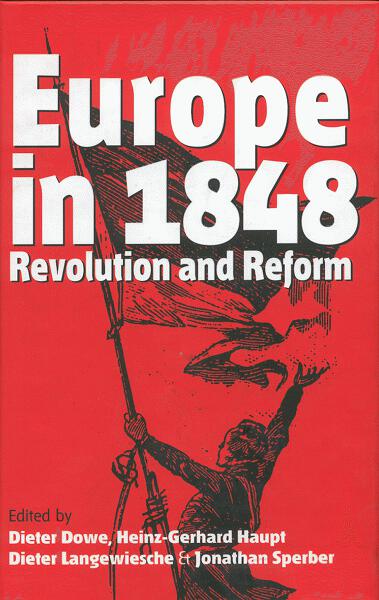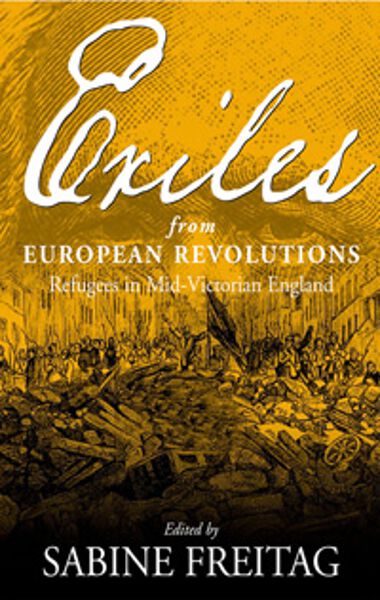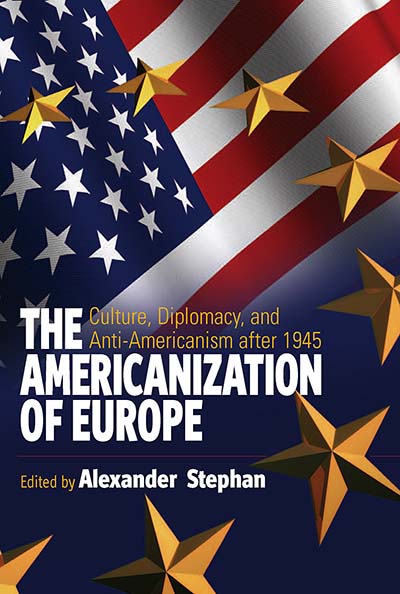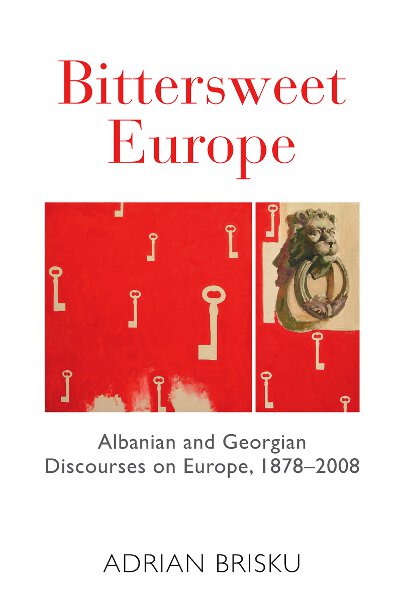
See Related
History JournalsEmail Newsletters
Sign up for our email newsletters to get customized updates on new Berghahn publications.
Bittersweet Europe
Albanian and Georgian Discourses on Europe, 1878-2008
Adrian Brisku
256 pages, 13 illus., 1 table, 4 maps, bibliog., index
ISBN 978-0-85745-984-8 $135.00/£104.00 / Hb / Published (August 2013)
eISBN 978-0-85745-985-5 eBook
Reviews
“Adrian Brisku’s book presents interesting views of Europe from the outside—from the perspectives of modern Albanians and Georgians and how they see themselves in relation to it. By focusing on the tensions embedded in each county’s history, Brisku introduces a fresh account of Albanian and Georgian discourses on Europe… The purpose of the book is to contribute to the post-communist debates on Europe in Albania and Georgia by offering a systematic, multi-layered and comparative account of the historical understanding of Europe on its periphery, which until now has very much focused on identity questions.” · The European Legacy
“Adrian Brisku is an Albanian married to a Georgian. He has combined his dual national allegiances in a fascinating comparative history of Albanian and Georgian discourses about Europe…The parallels between the Albanian and Georgian experiences are striking, but most valuable in Brisku’s narrative is the integration of the concern of the intelligentsia with Europe and the political vicissitudes through which both countries travelled in the twentieth century. Neither being embedded in alien empires nor living in precarious independence made the road to Europe any less rocky.” · European History Quarterly
“…there could not be a more important time for academics, policymakers and journalists working on the Eurasian region to read Adrian Brisku’s Bittersweet Europe… Overall, Bittersweet Europe offers a masterful juxtaposition of Georgian and Albanian discourses towards Europe in addition to the accompanying insecurities over Europe and Europeanness in both countries. This in conjunction with the decentralizing effect gained through the added context leads the reader to a better understanding of Georgia’s history and relationship to Europe - something needed now more than ever.” · New Eastern Europe
“The Albanian and Georgian debates about Europeanness are valuable case studies of a general phenomenon of the time and place.” · Slavic Review
“This is a very original work. There is today a huge amount of literature on the meaning of Europe, but very little work has been done on what Europe means (and meant) at its periphery. This book address a significant lacuna in the literature and it does so by focusing on two countries that have never been compared from this point of view.” · Chiara Bottici, New School for Social Research, New York
“The monograph is a valuable text which carefully elaborates Albanian and Georgian discourses since the 1870s up till now. It draws up massive new material unknown to readers outside the relevant countries. The book focuses on an enlightening comparison between the two countries and two developments.” · Attila Melegh, Corvinus University, Budapest
Description
From the late nineteenth century to the post-communist period, Albanian and Georgian political and intellectual elites have attributed hopes to “Europe,” yet have also exhibited ambivalent attitudes that do not appear likely to vanish any time soon. Albanians and Georgians have evoked, experienced, and continue to speak of “Europe” according to a tense triadic entity—geopolitics, progress, culture—which has generated aspirations as well as delusions towards it and themselves. This unique dichotomy weaves a nuanced, historical account of a changing Europe, continuously marred by uncertainties that greatly affect these countries’ domestic politics as well as foreign policy decisions. A systematic and rich account of how Albanians and Georgians view Europe, this book offers a fresh perspective on the vast East/West literature and, more broadly, on European intellectual, cultural, and political history.
Adrian Brisku is a research fellow at the University of Helsinki, working on the “Research Project Europe 1815-1914,” funded by the European Research Council (ERC). His interests include comparative political and intellectual European history with a particular focus on modern Albania and Georgia and nineteenth-century Ottoman and Russian empires.

